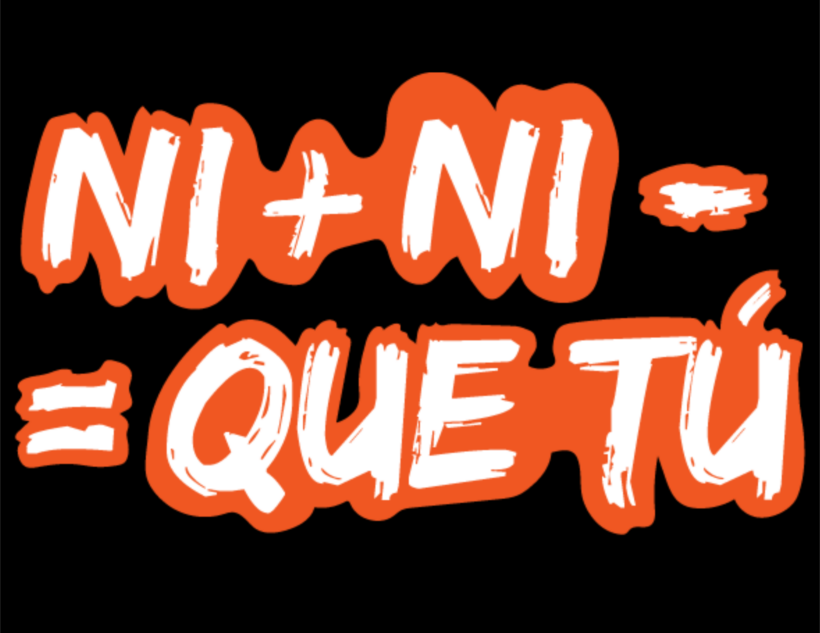December 3rd International Day of Disability
The United Nations in 1992 declared December 3rd as the International Day of Disability. The aim is to promote the rights and wellbeing of persons with disabilities in all ambits of society and development, as well as to raise awareness of their situation in all aspects of political, social, economic and cultural life.
In Chile, after the advent of democracy and in accordance with the evolution of international law, in 1994 the National Congress approved Law No. 19.284, which regulated for the first time in our country the rights of persons with disabilities with an intersectoral approach.
According to UN data, it is estimated that around one billion people live in the world with disabilities and a large percentage of them live in developing countries.
Figures on disability in Chile
The recent study of the National Service for Disability (SENADIS) showed very decisive figures regarding disability in Chile, around 2,703,893, 17.6% of adults (over 18 years) live with some level of disability and around 587,000 thousand children and adolescents are added to the above being a total of 14.7% of the child and adolescent population.
The same study gave the following figures regarding disability, 21.9% are female and 13.1% male, in the adult population. The discrimination figures are aberrant, the average years of schooling of a person with a disability is 10 years and in the area of labour inclusion the gap is even wider.
Another factor that is influencing the large increase in the number of people with disabilities is the ageing of the population and a state that does not update public policies aimed at people with disabilities, let alone allowing the full participation of people with disabilities in the development and elaboration of these policies.
The welfarist logic in our country
In a recent publication on the website of the University of OHiggins (UOH), Juan Andrés Pino, academic of the Institute of Health Sciences of this University, points out that in Chile, “a welfare logic is perpetuated, based on a medical model, which understands that the requirements of people with disabilities are purely in the sphere of health and rehabilitation”. He adds that, in addition to this, “the charitable campaign of the Telethon is maintained with great vehemence and with a lot of publicity, which blurs social representations of disability, while people with disabilities are subjects of rights”.
For the academic, the state has joined in with this welfare-based look and, through the different governments, has decided to continue paying attention, support and visibility to the Telethon campaign, rather than to the development of public policies that should be dictated by the state.
This can be seen when the State, through the President of the Republic, commits itself with donations to institutes through the televised Telethon campaign, to the detriment of strengthening its own organisation, the National Disability Service, or the state rehabilitation centres that are being set up in our country”.
Chilean state institutions
The National Disability Service, SENADIS, was created by mandate of Law No. 20.422, which establishes rules on Equal Opportunities and Social Inclusion of Persons with Disabilities.
On its website, SENADIS defines inclusion as “promoting the physical, spiritual and social wellbeing of persons with disabilities through their participation in cultural, sporting and recreational activities, both public and private”.
This public service has seen its management diminished due to impediments such as a very poor supervisory capacity and insufficient budgets to promote public policies for the benefit of persons with disabilities. In addition to the above, there is almost no citizen participation in the development and elaboration of public policies, from the different regions and their realities.
From international organisations, and starting with the Convention on the Rights of Persons with Disabilities (https://www.un.org/esa/socdev/enable/documents/tccconvs.pdf), a strong campaign has been promoted so that the States update their legislation in this respect, ratifying the text of this convention.
But, beyond the legislations, which ensure and are the legal support for the defence and promotion of the rights of persons with disabilities, what is needed is a cultural change that promotes that our society stops acting from the welfare and clinical look (help to the Telethon / rehabilitation) that it has today, and looks at us, from now on towards the future, as the SUBJECTS OF RIGHTS that we are, overcoming a State and society that has been making us invisible.
The objectives of the organisation of people with disabilities are as follows
We need to participate in the elaboration, development and implementation of public policies that truly benefit us, for example, quotas in lists and positions of popular representation; that the meagre rate of 1% of people with disabilities in a company of 100 workers be fulfilled, improved and increased, modifying the current deplorable practices, where companies and organisations have preferred to pay fines rather than give work to a person with a disability.
We need to be present, as subjects of rights, in all ambits of organised civil society and break with the invisibility in which they want to keep us.
No more than you, no less than you, equal to you, in terms of rights, opportunities and duties.
Written in collaboration with Ricardo Lisboa Henríquez and César Anguita Sanhueza. Public Opinion of Coordinadora de discapacidad










